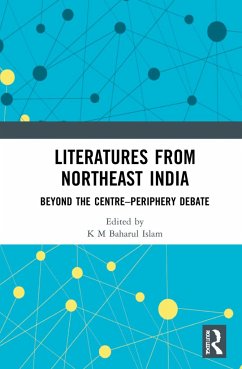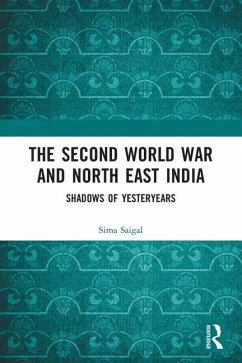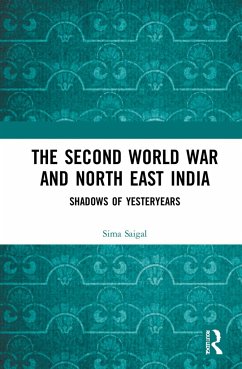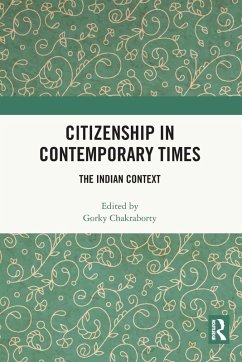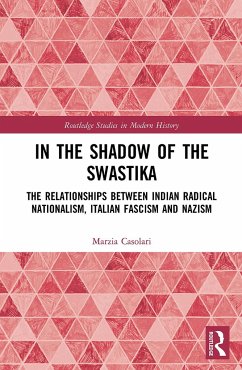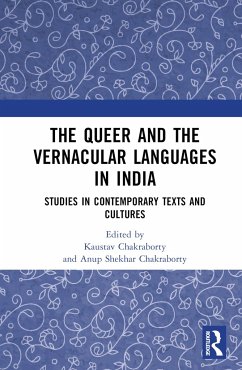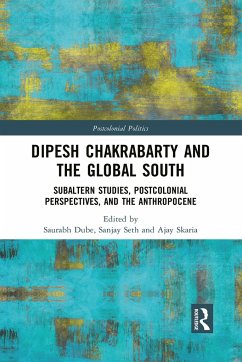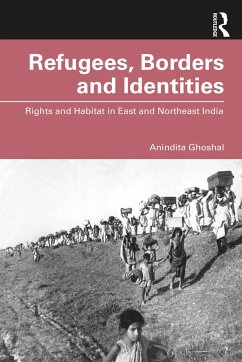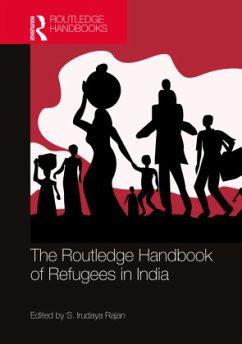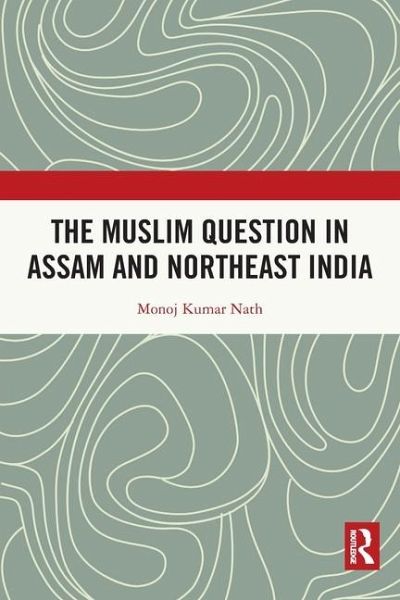
The Muslim Question in Assam and Northeast India
Versandkostenfrei!
Versandfertig in 6-10 Tagen
45,99 €
inkl. MwSt.

PAYBACK Punkte
23 °P sammeln!
This book presents a systematic study of the transformation of the specific socio-political identity of the Muslims in Assam. It discusses the issues of Muslims under India's 'indigenous secularism', Hindu nationalism and the rise of majoritarian politics; Muslim immigration into Assam after Independence; the Assam Movement and the shift of Muslims from being a vote bank to an autonomous force in the post-Partition politics of Assam; the role of Jamiat; and the divide between Assamese and the neo-Assamese. It explores the history and contemporary politics of the state to show how they shape th...
This book presents a systematic study of the transformation of the specific socio-political identity of the Muslims in Assam. It discusses the issues of Muslims under India's 'indigenous secularism', Hindu nationalism and the rise of majoritarian politics; Muslim immigration into Assam after Independence; the Assam Movement and the shift of Muslims from being a vote bank to an autonomous force in the post-Partition politics of Assam; the role of Jamiat; and the divide between Assamese and the neo-Assamese. It explores the history and contemporary politics of the state to show how they shape the new context of Muslim identity in Assam, where previously an Assamese identity often prevailed over religious and linguistic identity. With the current debates on illegal immigration, the National Register of Citizens of India (NRC) and the Citizenship (Amendment) Act 2019, this book will be a timely addition to the existing literature on Muslim minority politics in Assam and northeastIndia.
This book will be useful to scholars and researchers of political science, sociology, political sociology, minority studies, northeast India studies, demography and immigration studies, and development studies. It will interest those concerned with minority politics, communal politics, identity politics, migration, citizenship issues, and South Asian studies.
This book will be useful to scholars and researchers of political science, sociology, political sociology, minority studies, northeast India studies, demography and immigration studies, and development studies. It will interest those concerned with minority politics, communal politics, identity politics, migration, citizenship issues, and South Asian studies.





